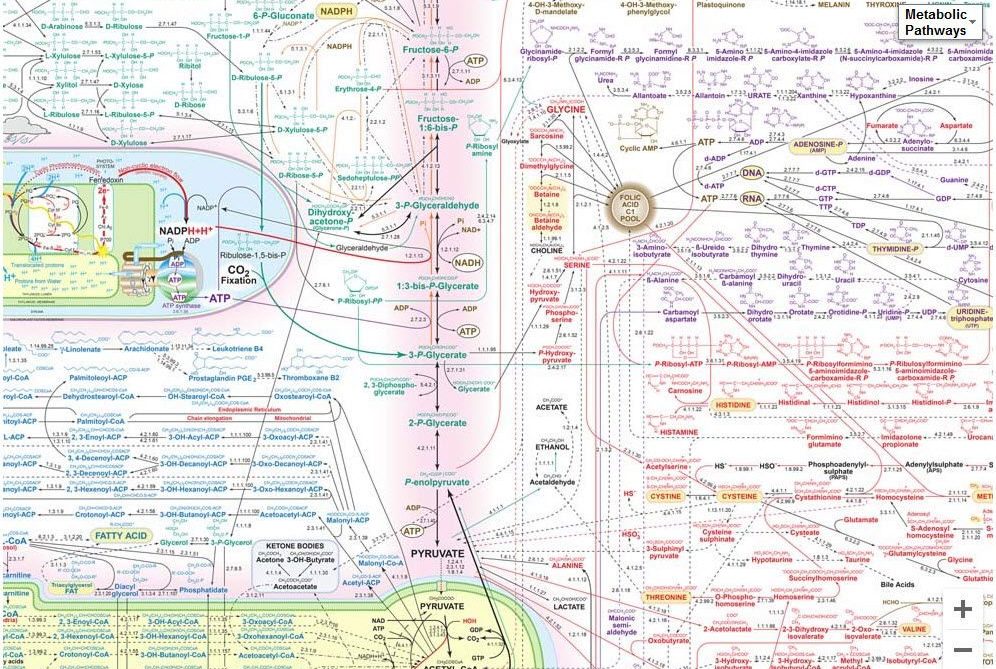How to speed up the metabolism with the diet?
Is there any way to speed up the metabolism?
A lot of people believe that boosting metabolism means losing weight, which is a big mistake. It means having a distorted idea of how metabolism works. If anything, increasing your metabolism means being able to eat more without gaining weight, but not losing weight. Because if you lose weight your metabolism slows down, and it slows down whenever we’re not giving the body the calories and nutrients it needs. For example, if we feel that hunger is increasing, that is a metabolic signal. It often means that we are not giving the body what it needs, and hence the increased hunger.
SPEED UP METABOLISM DOES NOT MEAN SLIMMING
So if you also think about how to speed up your metabolism in order to lose weight, I’ll be honest, you can either go read elsewhere and continue to believe in fairy tales or put your soul in peace, read here and finally understand how things are and from here start informing yourself differently. This will also help you find the cause, perhaps, of your overweight, which you may have blamed your metabolism for so far. Which, always up to now, has brought you to a standstill.
So if you continue reading, I repeat the premise.
Increasing your metabolism does not mean losing weight.
Go on.
Metabolism is a VERY BUT VERY complicated thing
The second thing you need to know is that metabolism is a very, very complicated business.
If you see the image below, that’s human metabolism.

It looks like the London public transport map, but instead it represents all the metabolic mechanisms that take place in our body. Do you see how many there are?
Do you see how many voices come into play?
Our metabolism is like this, a big mess in which from A you do not get to B. You understand for yourself that to get to the head of this thing it is not enough to train and drink cups of green tea by the liter.
To make you understand the situation even better, I want to tell you for a moment about two regions of China, that of Nanan and Huian, as described in a 1992 study . For reasons we do not know, one of the two regions had a period of famine, so that those who lived there have progressively reduced the quantities of food.
At the time of the study, it was found that the inhabitants of Huian ate an average of 1814 calories per day, leading a sedentary lifestyle. Those of Nanan, who are not even athletes but equally sedentary, consumed an average of 3,578 calories per day (by average we mean adult men and women).
But the weight of the inhabitants of Nanan averaged 121 pounds, say 55 pounds. In short, low and undersized. The weight of the inhabitants of Huian was 56 kilos, or about 124 pounds. The inhabitants of Nanan consume more salt, eat more meat, vegetables and potatoes or other tubers, consume a little more fat. The regions are attacked, so it’s not like the former are genetically lucky.
The weight is similar, but in the first case their metabolism is very capable of managing all those calories, in the second case it has adapted, that is, it has become more efficient.
Metabolic efficiency means slow metabolism, that is, capable of making enough food that is there. This is to repeat that speeding up your metabolism means holding more calories and not gaining weight, but not losing weight.
But we know some things about how metabolism works, and here I list (almost) all of them.
























+ There are no comments
Add yours